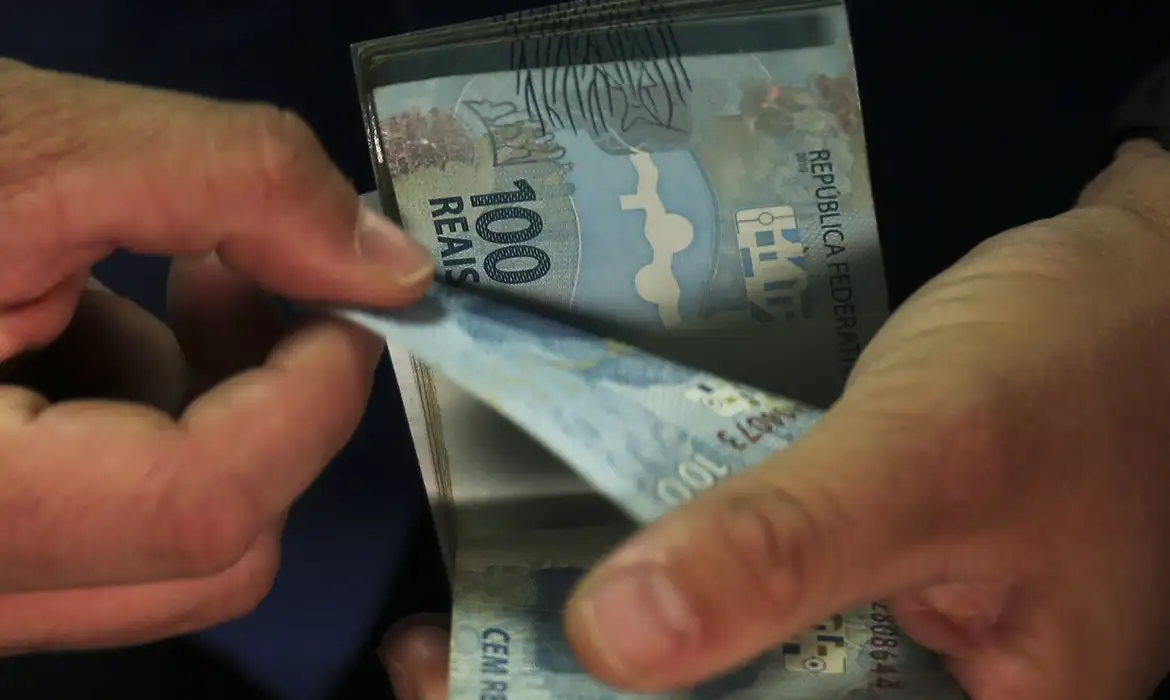Brazil needs investments for ecological development




In simple terms, the Big Push for Sustainability represents an approach to analyze the articulation and coordination of measures and policies that leverage sustainable investments, national and foreign, aiming to produce a virtuous cycle of economic growth, generating employment and income, reducing inequalities and structural gaps and promoting environmental, social and economic sustainability. The elaboration of the study was supported by the Friedrich Ebert Stiftung Foundation (FES), from Germany.
The study’s coordinator, Camila Gramkow, ECLAC’s Economic Affairs officer, said that it is necessary to mobilize complementary investments that are capable of transforming the development model into sustainability. The report also indicates that the reduction of emissions will only be possible if there is a mix of investments; if there is coordination of widely understood policies, with the state as the great coordinator; and with the right mix of policies to lead to economic and environmental development.
explicit policies
Camila stated, in Rio de Janeiro, that the socioeconomic benefits of low carbon investments are neither automatic nor spontaneous and require explicit and dedicated policies, in particular productive development policies.
“The idea is that, in addition to making these investments, making the transition to sustainable low-carbon economies and practices, these solutions can start from the territory, and only with a powerful industry that is capable, and we know that Brazil has already there are several areas of excellence in this regard, we manage to translate this agenda, not only in the desired reduction of greenhouse gas emissions, but also in the creation of jobs, in the strengthening of industry, competitiveness, in the increase of collection and so on forward, truly generating a virtuous cycle of development”.
The ECLAC representative stressed that the world’s main economies, including the advanced, emerging and also developing ones, are betting on green recovery and industrialization strategies.
“The new competitive bases of the future are already taking place on these bases”, he pointed out. The study reviews the experience of three selected international cases: European Union, United States and Uruguay. These cases bring lessons for Brazil, she stressed.
“They all present a long-term perspective; all of them, without exception, have governance behind them. Clear governance, led by the state, as the conductor of this orchestra that needs to be playing in tune,” she suggested.
In all occurrences, financial vehicles are created, whether funds or programs. “The state specifically allocates short-, medium- and long-term resources on a predictable trajectory. They have clear and explicit goals”. The budget is predictable and there is a fundraising strategy, in addition to having multiple forms of application. This means that there is a diversity of resources.
Funds
For Camila, Brazil has instruments, such as the Amazon Fund and the Climate Fund, which need to be strengthened and boosted in order to be able to mobilize the necessary funding. Studies indicate that Brazil needs to invest more than R$500 billion annually to meet its targets.
The ECLAC report proposes the creation of a body that plays the role of a coordinating state, called the Special Secretariat for Combating Climate Change, linked to the Presidency of the Republic, which would take care of the development of the taxonomy (science or classification technique) of investments green, with transparency of what is green in a measurable way, and accreditation of certifiers to designate which investment is green and therefore able to access incentives and subsidies, for example.
The ECLAC study also establishes six missions for which there would be specific funds, inspired by international experience: agriculture and land use; Amazon, whose fund exists, but which would have more resources for the issue of productive development in the region, in order to sustain in the long term the reduction of deforestation in the Amazon without compromising the ability to generate income and life of the resident populations; sustainable infrastructure, where all aspects of logistics and energy transition come into play; climate justice, focused on trade-offs that the low-carbon transition brings; clean technologies, based on neo-industrialization, linking the low carbon agenda with the development agenda, with competitiveness and job and income generation; and a fund for losses and damages, understanding that climate change is already happening and will result in losses and damages that “we are already capable of measuring”, such as landslides, droughts and floods.
According to Camila, the resources for these funds will come from a new green fiscal framework, the issuance of green bonds, a green tax regime and international funding and development banks.
Foto de © Fernando Frazão/Agência Brasil
Economia,CEPAL,brasil,desenvolvimento ecológico




